HEALTH + DIET
The Worst Foods for Increasing Cholesterol Levels
Published
11 months agoon
By
Lauren Kirk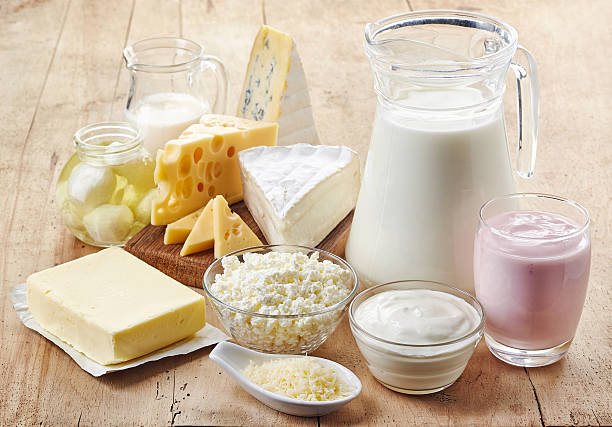
Courtesy of Pinterest
Maintaining healthy cholesterol levels is crucial for overall well-being and reducing the risk of cardiovascular diseases. Diet plays a significant role in managing cholesterol levels, with certain foods potentially raising “bad” LDL cholesterol while lowering “good” HDL cholesterol. Remember, making small changes and adopting a balanced nutrition approach can significantly improve your cholesterol profile and overall well-being.
In this article, we’ll explore some of the worst foods for increasing cholesterol levels and offer healthier alternatives to help you make informed dietary choices.
Saturated Fats and Trans Fats
To maintain healthy cholesterol levels, it’s best to avoid foods that are high in saturated fats and trans fats. These unhealthy fats can be found in red meat, full-fat dairy products, processed meats, and commercially baked goods. Instead of consuming these foods, try incorporating lean proteins like skinless poultry, fish, and legumes into your diet. Additionally, choose low-fat or skim dairy products and limit your intake of pastries, cookies, and fried foods.
Processed and Fried Foods
Processed foods such as fast food, frozen meals, and packaged snacks often contain high levels of trans fats, sodium, and refined carbohydrates. These unhealthy ingredients can contribute to elevated cholesterol levels. Instead, embrace a diet rich in whole foods such as fruits, vegetables, whole grains, and lean proteins. Cooking at home using fresh ingredients allows for better control over the types and amounts of fats used.
High Cholesterol Animal Products
Certain animal products are naturally high in cholesterol and should be consumed in moderation. Organ meats, such as liver and kidneys, and shellfish like shrimp and lobster are particularly high in cholesterol. While it’s not necessary to completely eliminate these foods, balancing them with other low-cholesterol options is recommended. Choose lean cuts of meat, skinless poultry, and plant-based protein sources like tofu, tempeh, and legumes.
Full-Fat Dairy Products
Whole milk, full-fat cheese, and butter contain high levels of saturated fats and cholesterol. These products can contribute to elevated cholesterol levels when consumed excessively. Opt for low-fat or skim versions of milk, yogurt, and cheese. Plant-based milk alternatives, such as almond or oat milk, are also worth considering.
Processed Baked Goods
Commercially baked goods, including cookies, cakes, pastries, and doughnuts, are often made with unhealthy fats, refined flours, and excessive sugars. These treats raise cholesterol levels and contribute to weight gain and other health issues. Satisfy your sweet tooth with homemade baked goods using healthier ingredients like whole wheat flour, natural sweeteners, and healthier fats such as avocado or nut butter.
More From Food + Drink
-


Vegetables You Should Eat And 5 You Should Avoid
-


Boost Your Energy With Dried Apricots
-


The Three Types of Food That Could Help Prevent Dementia…
-
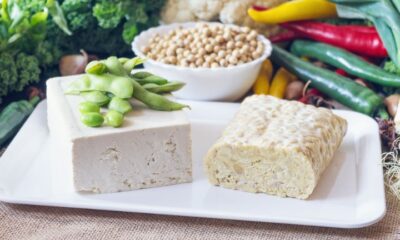

Blue Zone Foods You Should Be Eating
-
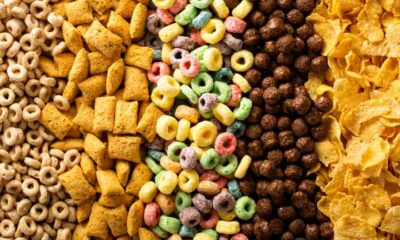

Foods We Once Thought Were Healthy But Aren’t
-
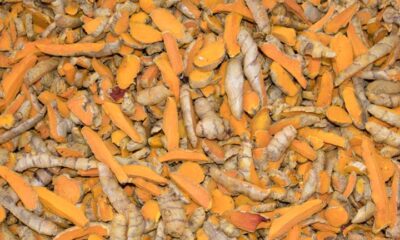

Foods That Can Help Unclog Your Arteries
-
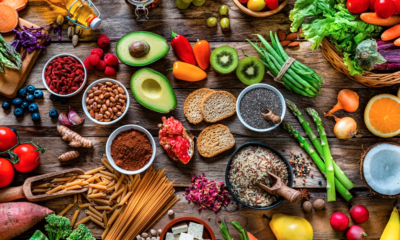

How to Start Eating a Plant-Based Diet
-
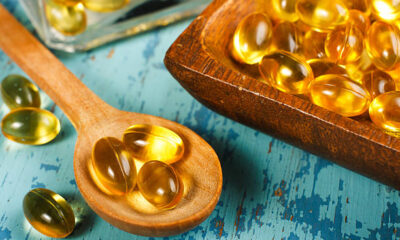

The Health Benefits of Cod Liver Oil
-
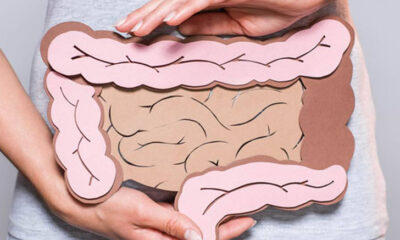

Improve Your Gut Health With This Delicious Food
-
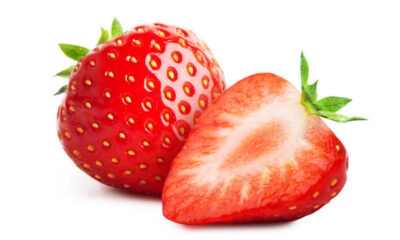

Strawberries: The Berrylicious Powerhouse of Goodness!
-


Popular Foods Could Wreck Your Cholesterol Levels
-
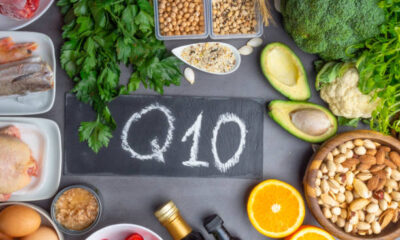

The Benefits of Taking a CoQ10 Supplement
